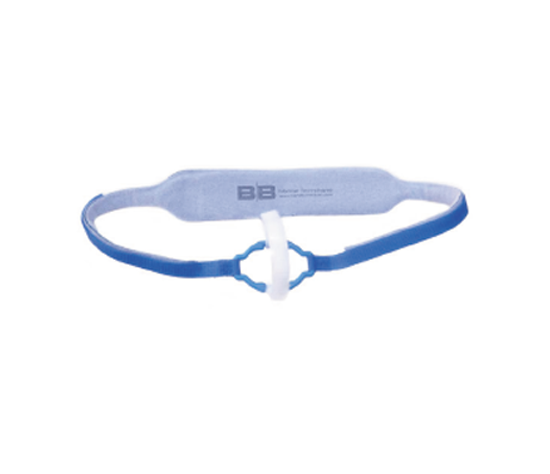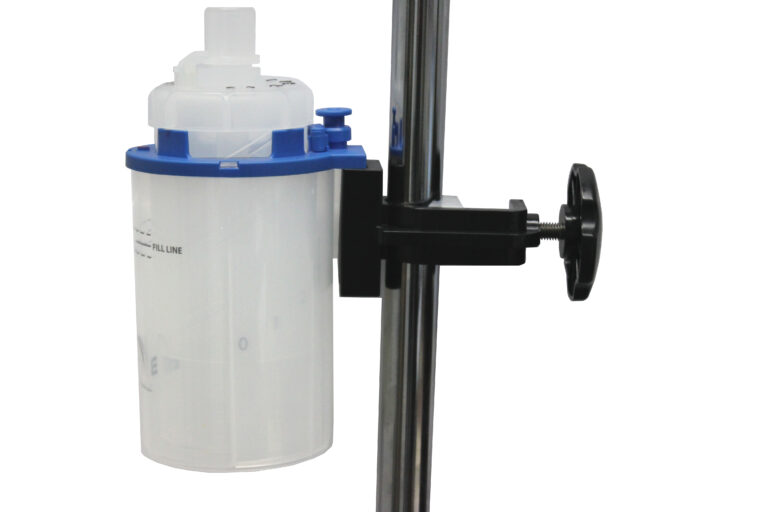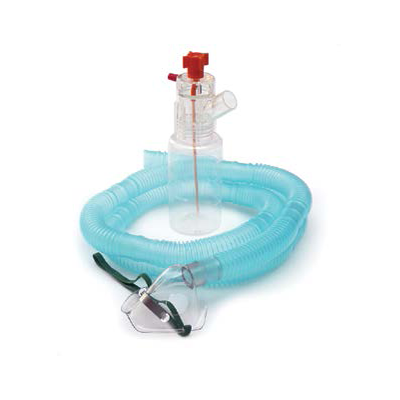Nasal Continuous Positive Airway Pressure (nCPAP) is a groundbreaking treatment designed to alleviate the symptoms of obstructive sleep apnea (OSA). This condition, characterized by repeated interruptions in breathing during sleep, can lead to severe health issues if left untreated. Nasal CPAP delivers a steady stream of air through a nasal mask, keeping the airway open and preventing these interruptions. In this blog, we will explore what Nasal CPAP is, how it works, its benefits, and how it can significantly improve the quality of life for those suffering from sleep apnea.
What is Nasal CPAP, and How Does it Work?
Nasal CPAP, called nCPAP, is a non-invasive ventilation method primarily used to treat obstructive sleep apnea. It involves a machine that generates a continuous flow of pressurized air delivered through a nasal mask. This air pressure acts as a splint to keep the airway open during sleep, thereby preventing the collapse of the airway that causes apnea episodes.
Components of an nCPAP System
An nCPAP system typically includes:
- CPAP Machine: Generates and regulates the flow of air.
- Nasal Mask: Fits over the nose and delivers the pressurized air.
- Tubing: Connects the machine to the mask.
The machine provides a constant stream of air at a prescribed pressure, which prevents the upper airway tissues from collapsing and obstructing breathing.
How Does nCPAP Work?
The primary function of nCPAP is maintaining positive airway pressure to ensure the airways remain open throughout the night. Here’s how it works:
Pressure Generation: The CPAP machine generates a steady stream of air.
- Delivery through Nasal Mask: This pressurized air is delivered through a nasal mask that fits snugly over the nose.
- Airway Stabilization: The continuous air pressure acts as a splint, keeping the airway from collapsing and allowing for uninterrupted breathing.
Maintaining an open airway, nCPAP ensures that individuals with obstructive sleep apnea can breathe normally throughout the night, improving their sleep quality and overall health.
Benefits of Nasal CPAP (nCPAP)
nCPAP therapy offers numerous benefits for individuals with obstructive sleep apnea, significantly improving their quality of life and reducing the risk of associated health complications.
- Improved Sleep Quality
One of the most immediate benefits of nCPAP therapy is improving sleep quality. By preventing apnea episodes, nCPAP allows for uninterrupted sleep, enabling individuals to experience deeper and more restorative sleep cycles.
- Reduced Daytime Fatigue
Sleep apnea often leads to excessive daytime sleepiness due to poor sleep quality. With nCPAP therapy, patients typically notice reduced daytime fatigue, improving alertness and productivity.
- Lowered Risk of Health Complications
Untreated sleep apnea is associated with a range of serious health issues, including hypertension, heart disease, stroke, and diabetes. By effectively managing sleep apnea, nCPAP helps to mitigate these risks, promoting better long-term health.
- Enhanced Cognitive Function
Adequate oxygen levels and uninterrupted sleep are crucial for optimal brain function. nCPAP users often report improvements in memory, concentration, and overall cognitive performance, contributing to a higher quality of life.
Overcoming Challenges with Nasal CPAP (nCPAP)
Despite its many benefits, some individuals may face challenges when starting nCPAP therapy. However, these challenges can be effectively managed with the right approach and support.
- Mask Discomfort
A common issue among nCPAP users is discomfort caused by the nasal mask. It’s important to ensure that the mask fits properly to address this. Trying different mask styles and sizes can help find the most comfortable option. Mask liners or cushions can also alleviate pressure points and improve comfort.
- Dryness and Congestion
Dry air from the nCPAP machine can sometimes cause nasal dryness and congestion. Many nCPAP machines have a humidifier that adds moisture to the air, reducing these symptoms. Adjusting the humidity level can make a significant difference in comfort.
- Consistency and Adaptation
Consistency in using the nCPAP device every night is crucial for effective treatment. Some individuals may initially find it difficult to adapt to the sensation of the air pressure and the presence of the mask. Gradual acclimatization, starting with short periods of use and gradually increasing the duration, can help ease the transition. Support from healthcare providers and patient support groups can also be invaluable during this adjustment period.
Conclusion
Nasal CPAP (nCPAP) is a vital therapy for individuals suffering from obstructive sleep apnea. By providing a continuous flow of pressurized air, nCPAP keeps the airway open, preventing apnea episodes and significantly improving sleep quality and overall health. While there may be challenges in adapting to nCPAP therapy, the benefits far outweigh the difficulties. With the support of innovative companies like B&B Medical Technologies, individuals can access high-quality nCPAP equipment that enhances their treatment experience. For those struggling with sleep apnea, nCPAP offers a lifeline to better sleep, improved health, and a higher quality of life.


